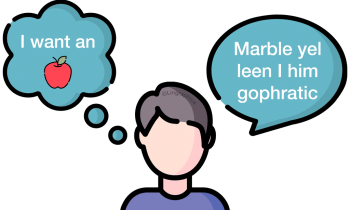Global Aphasia
Global aphasia is the most severe form of aphasia. In global aphasia, all language modalities are affected – speaking, comprehension, reading, and writing.
Global aphasia results from damage to multiple language centers in the brain, including Broca’s area and Wernicke’s area. Global aphasia is likely to occur immediately following a stroke or brain injury. Global aphasia might be reclassified as a different type of aphasia when improvements are made.
Speech therapy can be helpful for people with global aphasia. A speech-language pathologist (SLP) can provide treatment techniques to work on recovery. In addition, the SLP can identify ways to improve communication right away, such as using simple pictures and drawings. Pictures and drawings are easier for a person with global aphasia to understand and identify.
Click on the tiles below to learn more about the most common types of aphasia.
Anomic Aphasia

Global Aphasia
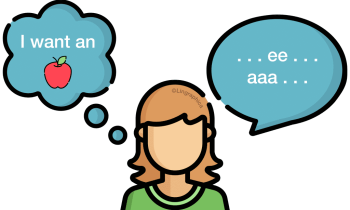
Transcortical Motor Aphasia
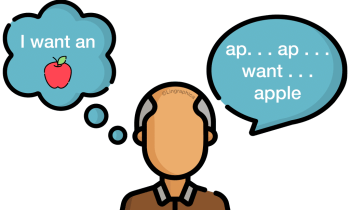
Broca's Expressive Aphasia

Mixed Transcortical Aphasia

Transcortical Sensory Aphasia
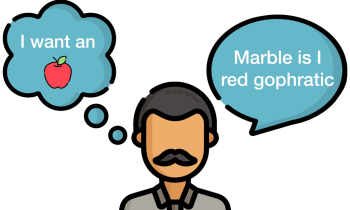
Conduction Aphasia
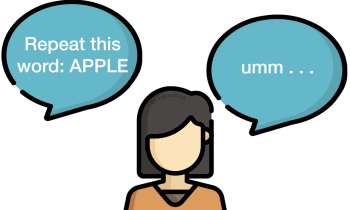
Primary Progressive Aphasia

Wernicke's Aphasia
